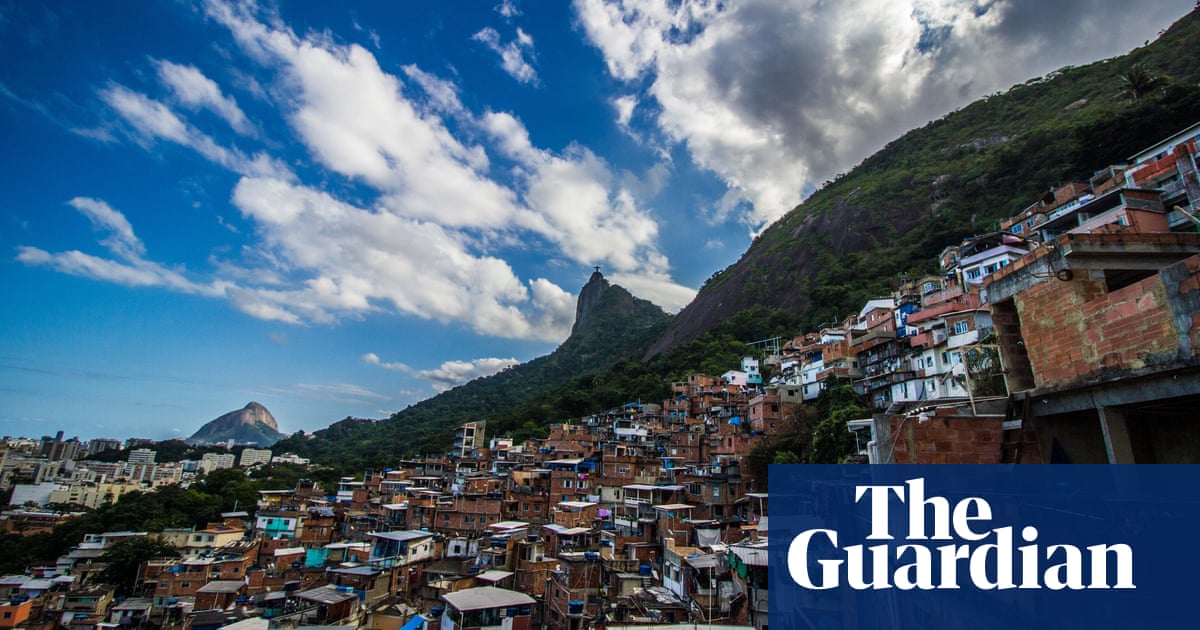
Nearly 800 people have been killed by police in the Brazilian state of Rio de Janeiro in the past nine months as raids remain a terrifying routine for favela families – despite a Supreme Court ruling to stop raids during the coronavirus pandemic.
The new figures show that between June 2020 and March 2021, 797 people were killed in the state of Rio, 85% in the city of Rio and the surrounding metropolitan region.
The court decided to suspend police raids in the Brazilian favelas in June 2020, amid public outcry over the death of 14-year-old João Pedro Matos Pinto, who was shot in the back during a police raid.
Between June and September, police raids fell by 64% compared to the average for the same period in previous years, according to a report by Geni, a research group at the Federal University of Fluminense (UFF).
But incursions resumed in October, a month after interim governor Cláudio Castro took office and quickly doubled to 38 in October compared to the previous month. Over the next nine months, communities in Rio Mare recorded an average of almost one raid each day, the report said.
“It’s absurd,” said Daniel Hirata, a report author and professor of sociology at the UFF. “The highest court makes a decision, and the political authorities do not respect it, they deliberately violate it. This is a risk to the rule of law in Brazil. ”
On Friday, the state supreme court began a two-day public hearing on police raids to draw up a new plan to reduce police crime and human rights violations.
Police in Rio de Janeiro kill almost twice as many people each year as in the United States. Most of the victims are black and brown.
Police spokesmen said the raids were launched in response to violent gang disputes between fighting gangs and said they were focusing on “keeping lives and complying with strict legal precepts”.
But Hirata claimed that “police raids, in addition to being lethal, are ineffective against crime,” and the report shows that such actions are not associated with any reduction in criminal activity.

An increase in police violence came after the 2018 elections as governor of Rio by Wilson Witzel, who had campaigned for a promise to “sacrifice” criminals. Witzel was forced to resign at the end of August 2020, following a corruption scandal, but his successor in office pursued a similar frontal attack on drug gangs – and ordinary civilians are caught in the crossfire.
Police violence has also exacerbated the disastrous impact of the coronavirus on Brazil’s most vulnerable. A study published by the Lancet showed that inequality was a higher factor in Covid deaths in Brazil than age, health and other risk factors, where more than 355,000 died from the disease.
Favela groups delivering food and cleaning kits during the outbreak say they have often been forced to suspend operations due to police raids.
A 36-year-old teacher, who asked not to be named for security reasons, distributed kits and listened to the daily fights in her community Parque Esperança (or Park of Hope) in Belford Roxo, Greater Rio.
“I visited households and saw more people living below the poverty line,” she said. “And against the background of this crisis, we have been living in a state of war since January.”
The current wave of violence began when police launched a raid to set up an outpost in a community in Belford Roxo, sparking gang retaliation.
Since then, the sound of police helicopters is constant, and shootings break out day and night.
Fransérgio Goulart, the head of a local activist group, said that while official figures said nine people had been killed in the community, locals said more than 30 had been shot since January.
“One case that shocked me was that of a young man who was shot dead while going home from work. His mother spent hours with her son on her lap, waiting for the body to be taken. The whole family left the community after that, “she said.